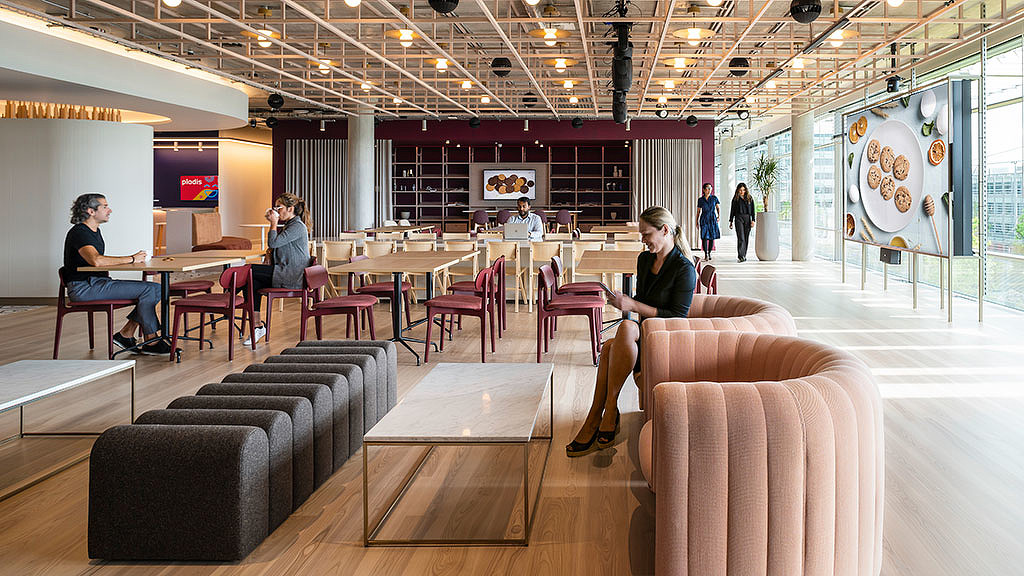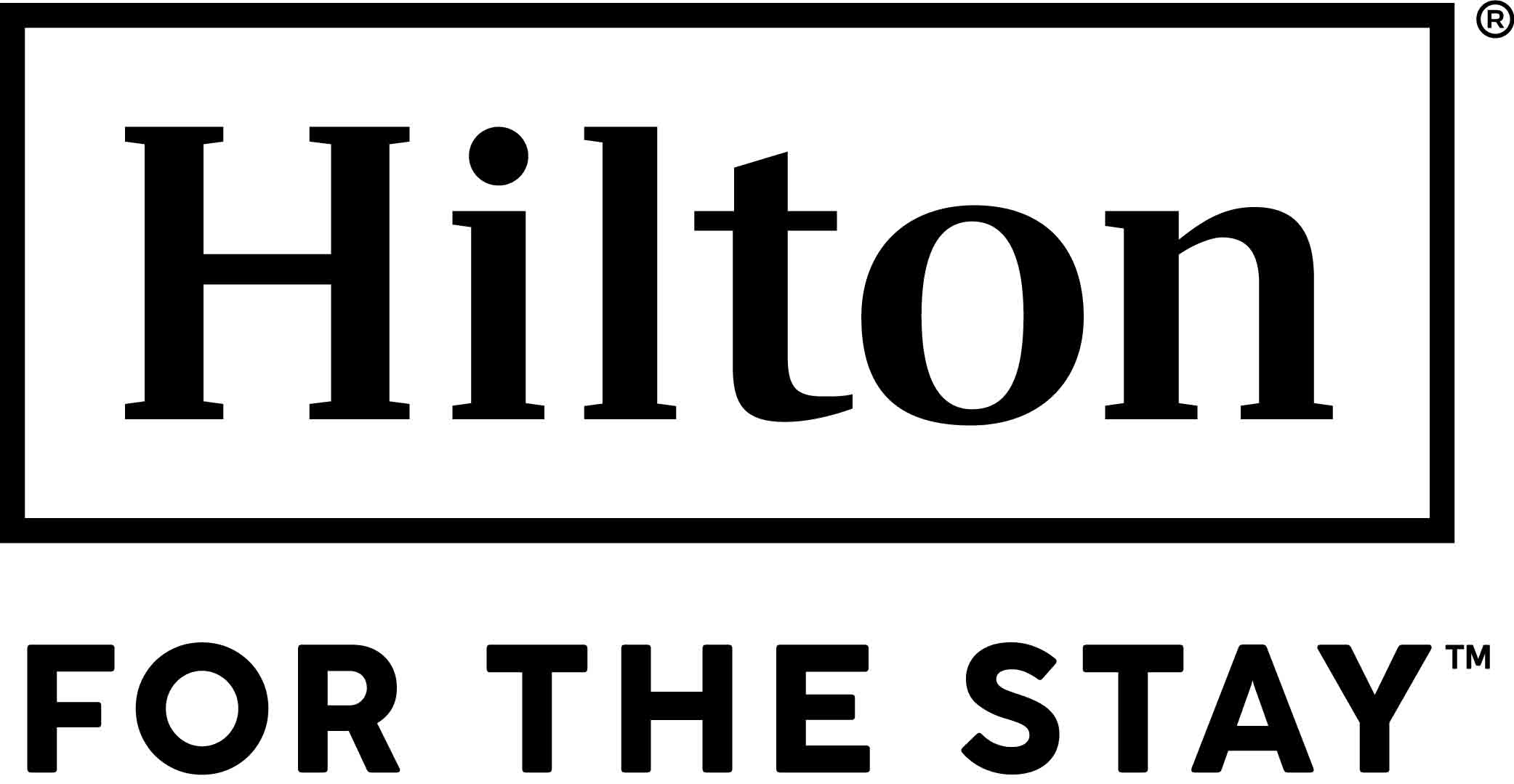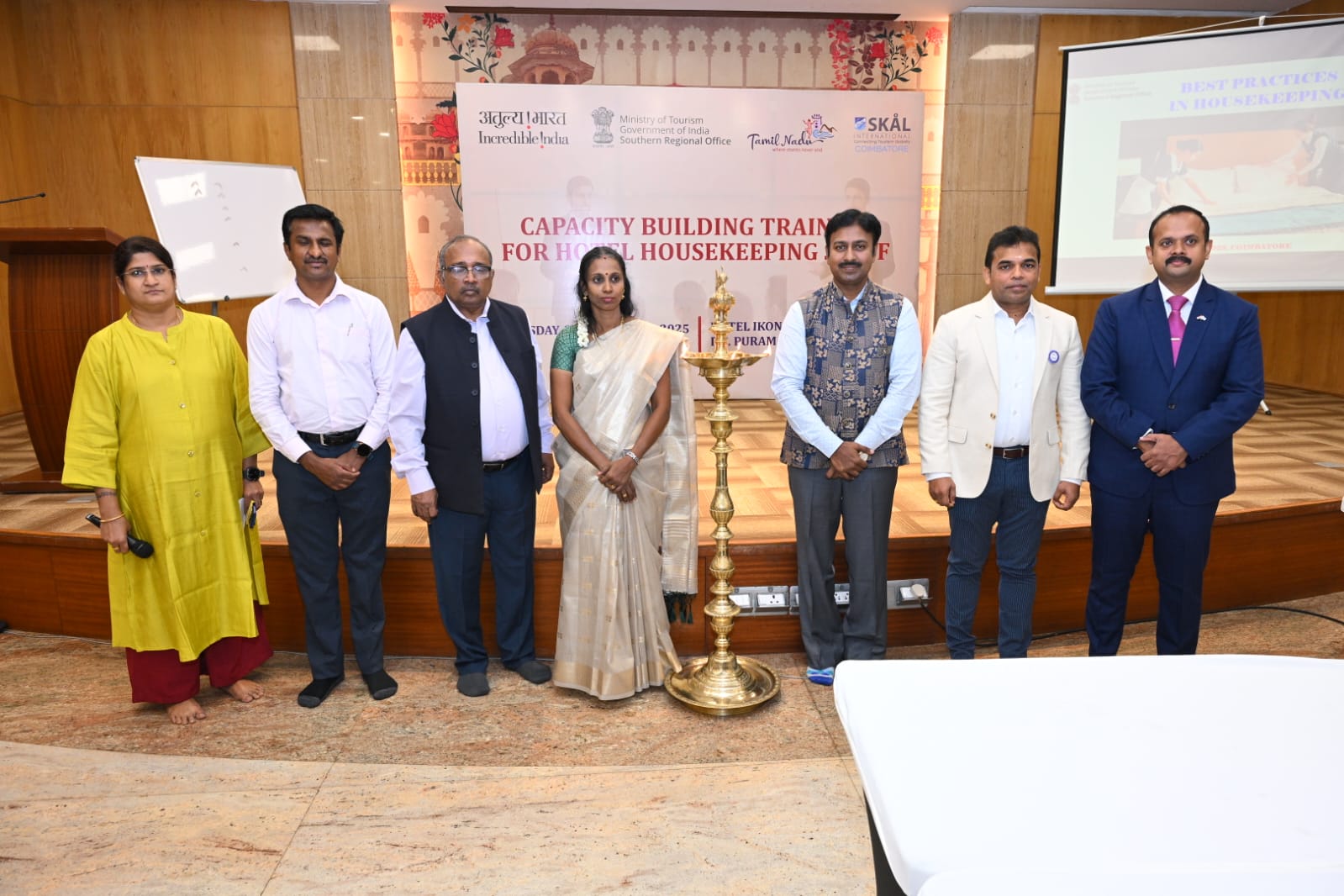Technology is revolutionising many parts of the hospitality industry, but a more important question is if technology is actually helping hotels and resorts meet guest expectations. Millienials’ expectations of hospitality as an experience, and not as a service is a major driving force to integrate technology in the hospitality industry. A recent study by Oracle surveyed over 2700 travelers and came up with these observations:
94% of business travelers and 80% of leisure travelers appreciated the ability to request in-room services and message hotel staff using their own smartphones
62% of guests chose to use non-hotel options like the internet to search for food and beverage options, activities and more instead of the hotel concierge or asking for recommendations from hotel staff.
Statistics like these clearly show that guests are increasingly expecting technology to be integrated within their stay experience at a property. Unfortunately, the hospitality industry has a disheartening reputation for slow technological adoption. For example, if you walked into a tech company today, but found them using big desktop CPUs, dial up connections and CD storage, you’d think there was something clearly wrong. An argument can be made that even through hotels are slowly integrating tech into their systems, they’re still heavily dependent on bulky legacy technology that ultimately is limiting the guest experience.
One of the core beliefs of the hospitality industry is to provide exceptional guest experiences, but how can hotels continue to do so without investing in updated guest service technology?
Legacy technologies need to give way to new and innovative technologies that will help the hospitality industry exceed guest expectations. Although technologies like cloud PMS, Guest Experience Management Platforms, Reputation Management Platforms and CRMs can be expensive at the time of implementation, the long term results of these technologies cannot be denied. Reduced costs, operational efficiency and a smoother experience for guests are just a few of the benefits of updated tech systems.
In addition, cloud systems connect with each other much easily and can help hotels make data-backed smart decisions instead of relying on basic data of disparate systems.
A few technologies that are revolutionizing the hospitality industry right now include:
In-room voice activated technology: Guests can use voice activated technology like Alexa to gain information about local news, activities and weather. Some voice activated technology also enables guests to control the temperature of their room, lights and other entertainment devices in the room. This technology gives complete control of their in-room experience.
Mobile Key Access: After moving away from physical keys to electronic access cards, some hotels have begun to adopt mobile key technology that allows guests to access their room right from their smartphones which not only enables faster check-ins, but also grants complete privacy to hotel guests.
Guest Experience Platforms: Increasingly, hotels are using guest experience management platforms to identify their guests’ persona, expectations and needs before they arrive at the hotel. Doing so allows hotels to create a personalized guest journey for each guest that translates into increased revenue and improved reputation.
While technology will continue to evolve for the hospitality industry, and increase efficiency and revenue, hotels need to start being future ready so they can continue to deliver exceptional experiences to their guests.
The column has been contributed by:
Pranjal Prashar, Co-Founder & CEO, Xperium.









